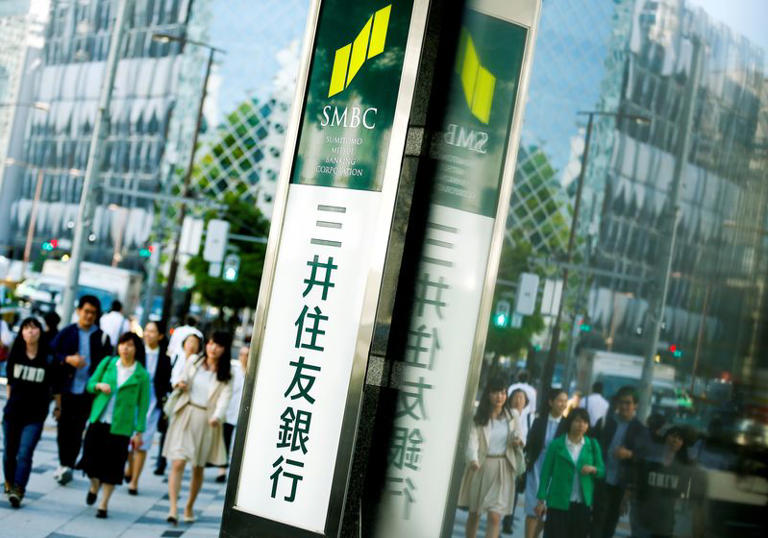Japanese Megabanks Consider Evacuations as Middle East Tensions Escalate

Several of Japan’s largest financial institutions are weighing staff evacuations from the Middle East, while Wall Street heavyweight JPMorgan Chase has sharply restricted employee travel in the region amid intensifying geopolitical unrest.
The developments follow the United States’ entry into the ongoing conflict with Iran over the weekend, marked by coordinated strikes on three nuclear facilities. The U.S. action aligns with Israel’s ongoing military campaign aimed at degrading Tehran’s nuclear infrastructure. Iran has vowed a forceful retaliation.
On Monday, Israel escalated the offensive with a strike on Evin Prison in northern Tehran—an institution deeply embedded in the country’s power structure—describing it as its most intense bombardment of the Iranian capital to date.
The broader conflict threatens to derail years of economic diversification efforts by Middle Eastern governments, particularly Saudi Arabia and the United Arab Emirates. Both nations have made concerted pushes to attract global financial players through regulatory reform and fiscal incentives, aiming to transform their oil-dependent economies into international finance hubs.
Japan’s Sumitomo Mitsui Financial Group has already initiated the evacuation of personnel from Iran and Qatar. “We are taking measures to ensure the safety of our staff,” a company spokesperson said.
Mitsubishi UFJ Financial Group, Japan’s largest lender by assets, confirmed it has begun relocating family members of staff stationed in Dubai and Riyadh, and is evaluating voluntary departure options for employees. Mizuho Financial Group also acknowledged that it is exploring similar safety protocols, including potential evacuations.
Meanwhile, JPMorgan Chase has limited travel to and from the Middle East to essential business only, according to a source familiar with internal operations. The firm is offering personalized support to employees affected by the conflict.
Other global banks have followed suit. Goldman Sachs advised its team in Israel to begin working remotely last week, while Singapore-based DBS Group—Southeast Asia’s largest lender—has suspended all non-essential travel to conflict zones. “We are closely monitoring the evolving situation in the Middle East, including developments in and around Dubai,” a DBS spokesperson said.
At Bank of Singapore, a major regional private banking player, non-essential travel in and out of Dubai has been halted. “The safety of our staff is our highest priority,” said Ang Wee Khoon, head of risk management at the bank’s DIFC branch. “We’re prepared to activate our business continuity plans to minimize disruption to clients.”
As tensions continue to rise, financial institutions around the world are bracing for prolonged instability in a region increasingly critical to their long-term strategic interests.
By Staff Writer, Courtesy of Forbes | June 23, 2025 | Edited for WTFwire.com
Source: Reuters
: 247







